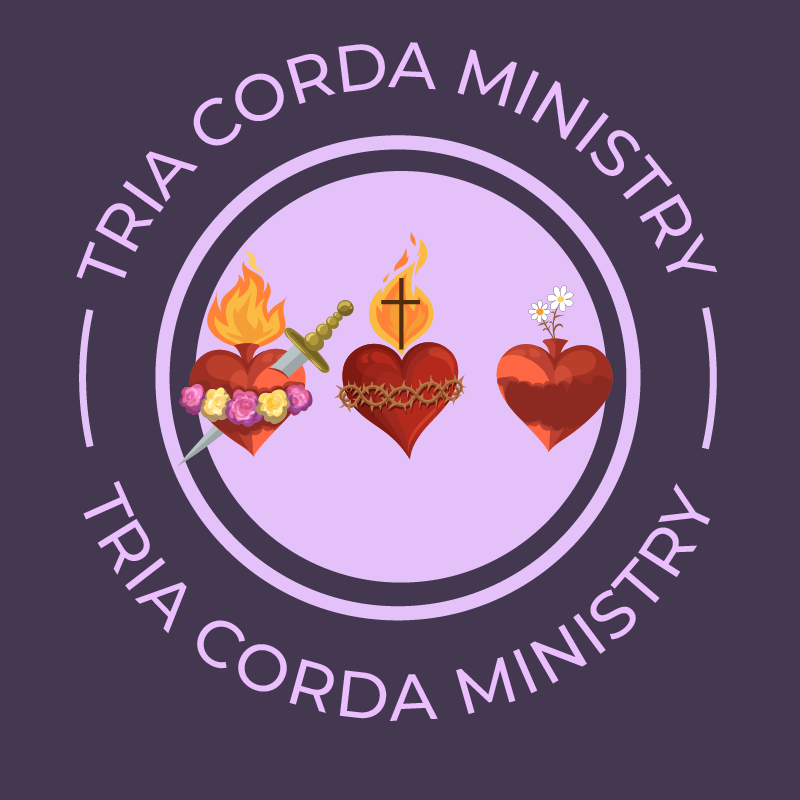What is Posttraumatic Growth and How Can Those in Ministry Foster It?

What is posttraumatic growth? As we have seen, trauma can have devastating impacts on people who experience it. However, despite this, researchers have found that even when people wrestle with the negative impacts of trauma, they can still come out better after it. This is called posttraumatic growth.
Catholics are familiar with this idea of good coming out of evil. After all, out of the worst thing ever (Jesus dying on the cross) came our redemption (the best thing ever). So, it is fascinating that researchers have found that this pattern can exist in the lives of those who face trauma.
The Definition of Posttraumatic Growth
Posttraumatic growth is the term used for when trauma becomes a catalyst for a person’s growth (1). This growth happens because of mental and emotional efforts to deal with and process the trauma (1).
When people experience posttraumatic growth, it is because trauma has shaken or even shattered their core beliefs and assumptions about the world, such as ideas about their safety. Then, when a person works to process the trauma and change their beliefs based on this experience, it can lead to growth (2). Posttraumatic growth can co-exist with PTSD and other negative impacts of trauma (1).
The idea of posttraumatic growth was developed in the mid-1990s by researchers Tedeschi and Calhoun. They estimate that up to ⅔ of those who experience trauma experience posttraumatic growth (3)
The 5 Pillars of Posttraumatic Growth
Throughout their research, Tedeschi and Calhoun have found that posttraumatic growth tends to manifest in one or more of these five ways (1):
- A greater appreciation of life and a changed sense of priorities, often due to new beliefs and assumptions gained from processing the trauma
- Warmer, more intimate relationships with others, often due to disclosing one’s trauma to others and experiencing social support during the healing process
- A greater sense of personal strength. Knowing you have made it through something difficult can lead to a great belief in your ability to do hard things.
- A richer spiritual life. This richer spiritual life can also be due to changed assumptions and beliefs and potentially turning to God for support.
- Seeing new possibilities in life, such as a new mission, a new path to take, or a new cause to support. Seeing these new possibilities is also often due to new assumptions and beliefs.
What Increases the Likelihood of Posttraumatic Growth?
Researchers have found that the following factors can promote posttraumatic growth, including:
Why Does Knowing About Posttraumatic Growth Matter for Those in Ministry?
As you can see, one of the most important factors that increases the likelihood of experiencing posttraumatic growth is sharing experiences with others in a supportive environment. Through your ministry, you can be that supportive environment for others, helping to promote posttraumatic growth so people can live out the theology of the cross in their experience.
The idea of posttraumatic growth also helps to explain the importance of trauma-informed practices, as these practices help to foster safe, supportive environments in which people can share their experiences and thus journey towards posttraumatic growth.
As people in ministry, we have the unique ability to be a place to help promote posttraumatic growth. May the Holy Family intercede to help us be that place.
